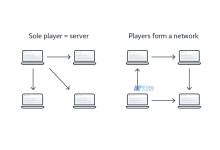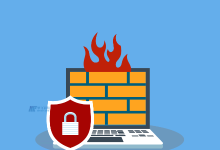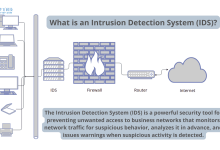Computer System Investigations (CSI),also known as digital forensics, is a field of law enforcement and discovery where specialized investigators try to determine the origin and nature of computer-related activity. Each digital investigation has its own set of challenges, ranging from forensic analysis of hardware and software to computer security issues and data theft.
Computer system investigations involve the detection, collection, analysis, investigation, and documentation of digital evidence. Investigators examine physical evidence, such as hard drives, flash drives, and other storage media, as well as digital information, such as transaction logs and network traffic. Good computer system investigation relies on specialized software and hardware tools, such as network sniffers, computer forensics software, and laptops.
A good computer system investigation should begin with 2 steps: system structure & system setup. System structure involves the examination of hardware, software, and connections that make up the system. This includes familiarizing the investigator with the system’s operations and analyzing the internal logic used to control its functionality. Once the system structure is established, the investigator should focus on system setup, which includes establishing the system configuration, ensuring software is updated, implementing anti-malware software, and setting up system security.
Since computer systems are highly complex, Linux-based system investigation is often one of the most challenging tasks of digital forensic examinations. The Linux operating system has many features that make it more difficult to investigate than other operating systems such as windows. Linux-based systems can contain hundreds of different files and programs, making them difficult to investigate. Additionally, Linux-based systems often contain system logs, configuration files, and other tools that can be used as evidence for criminal investigations.
In order to properly investigate a Linux-based system, investigators must understand the core Linux components and be familiar with the available open-source system administration tools. Educating yourself on the foundation of Linux, from system installs to basic bash scripting, will provide investigators with the tools and resources needed to investigate Linux-based systems. With the right knowledge, investigators will be able to uncover hidden data and secrets within the system, leading to a successful investigation.
In conclusion, computer system investigations are complex and require specialized knowledge and tools to be successful. When it comes to Linux-based systems, the investigator must understand the core Linux components and be familiar with the available open-source system administration tools. With the right knowledge and resources, investigators will be able to uncover hidden data and secrets within the system, leading to a successful investigation.

 国外主机测评 - 国外VPS,国外服务器,国外云服务器,测评及优惠码
国外主机测评 - 国外VPS,国外服务器,国外云服务器,测评及优惠码















